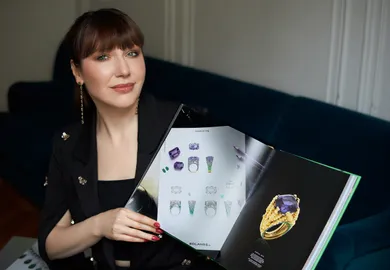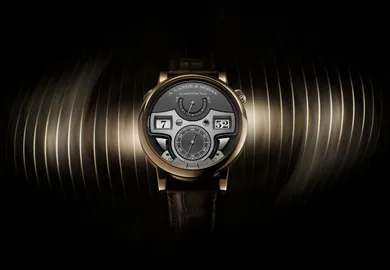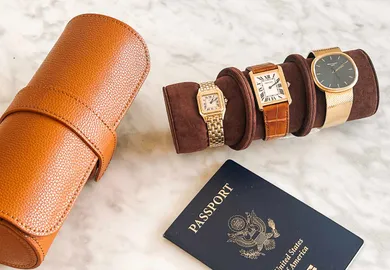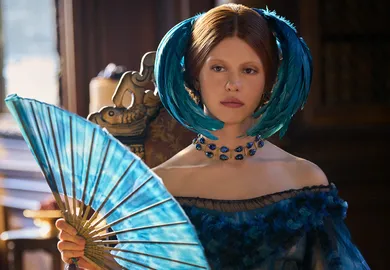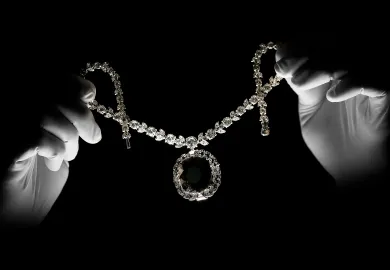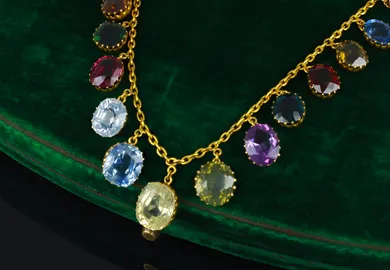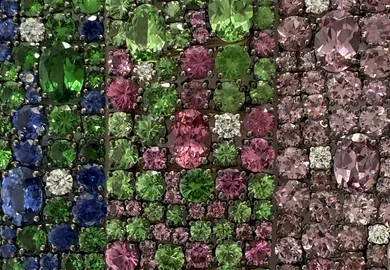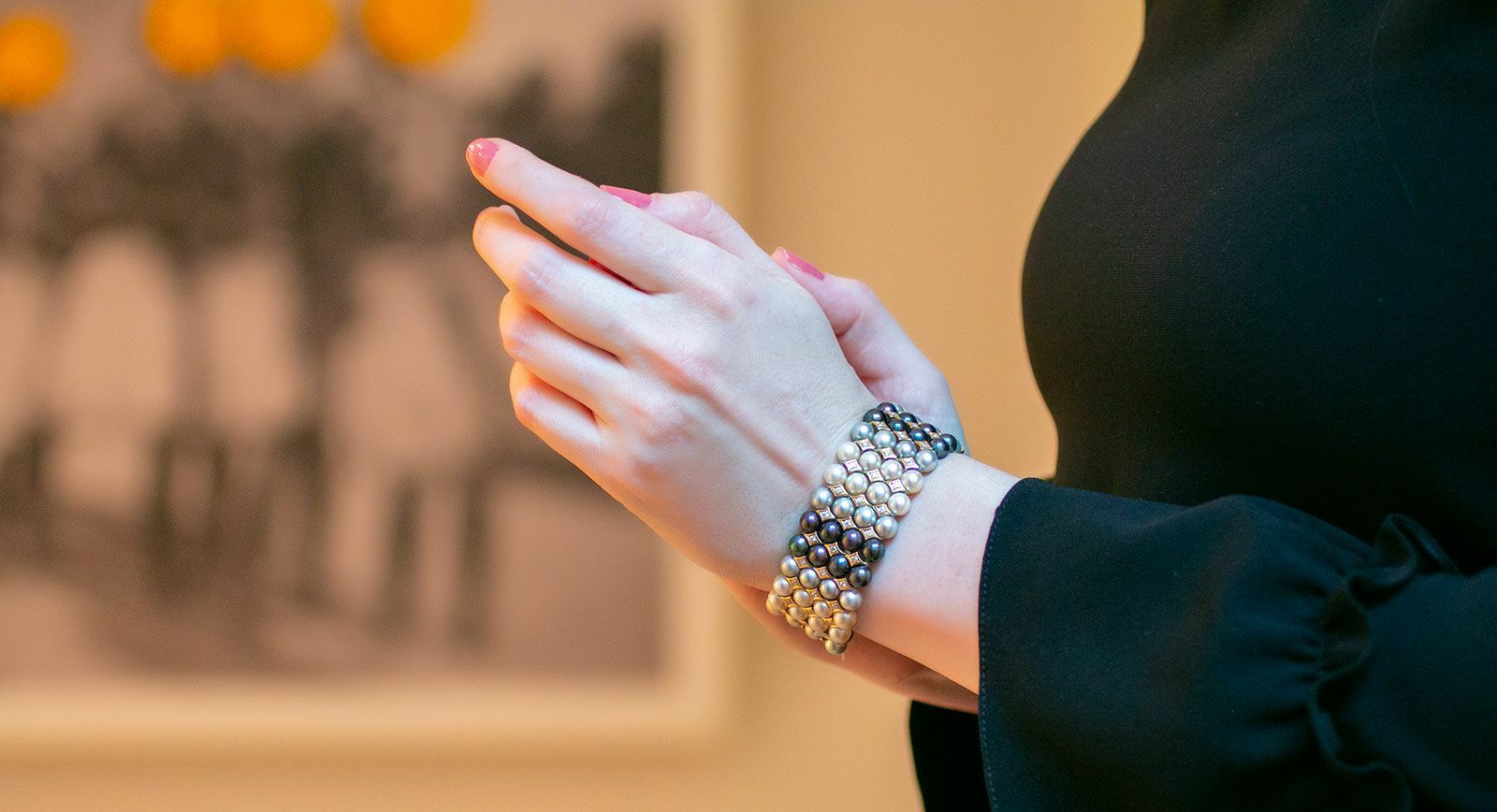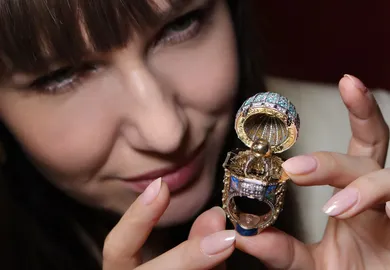
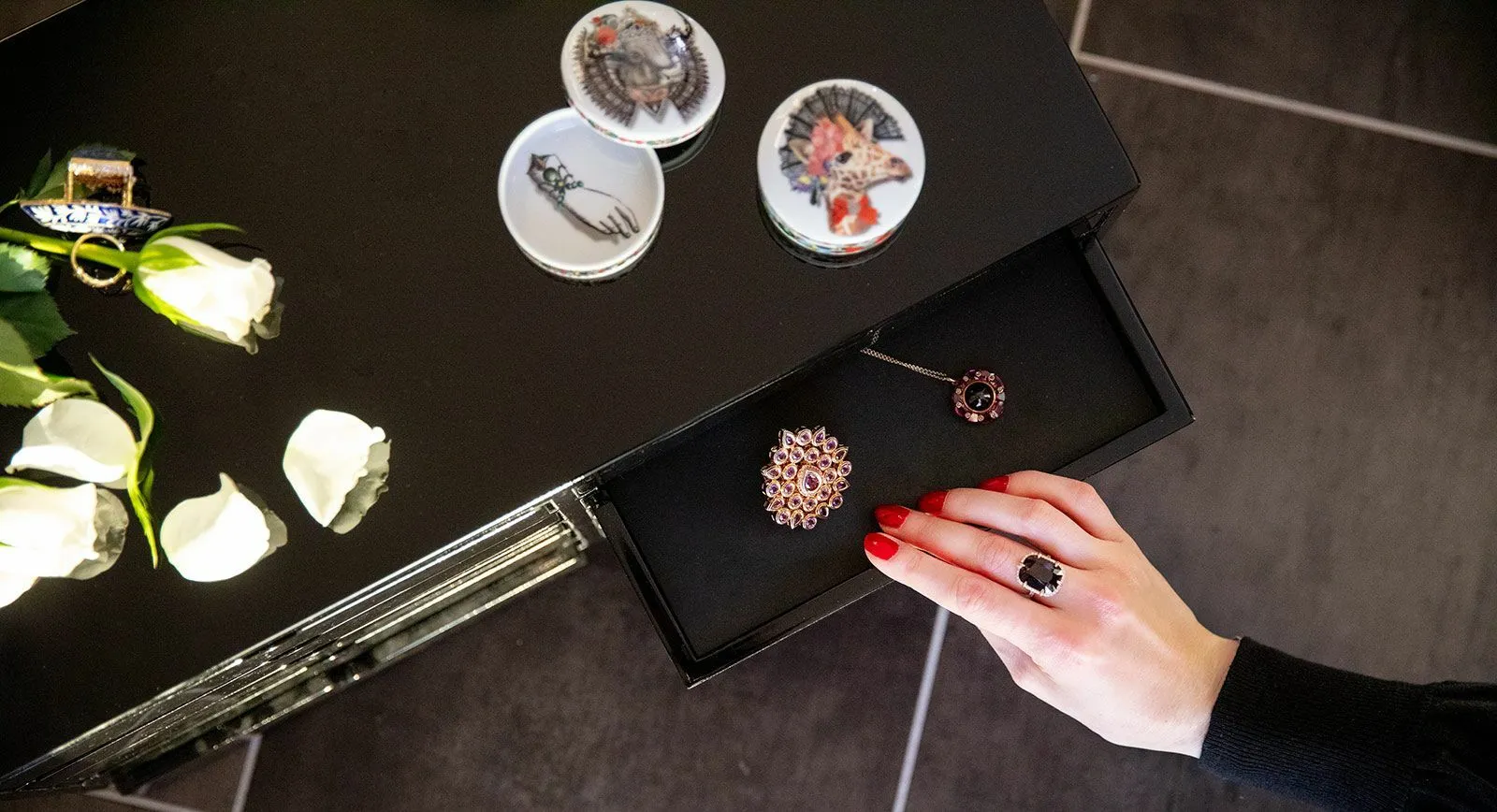
Jewellery Mishaps: 11 Guaranteed Ways to Regret a Purchase
Whether you’ve £1,000 to spend or £100,000, some principles of jewellery shopping remain the same. When searching for the perfect piece, there are plenty of pitfalls to avoid and it’s important not to give in to the little voice on your shoulder, tempting you to make the wrong decision! Here are some of the most common jewellery shopping mistakes and some of my own insights into getting the creation that’s right for you.
Perhaps you have experienced the niggle of doubt when you return home, laden with new purchases, and you know deep down that one of them is not quite right for you. This sense of ‘buyer’s remorse’ is far more common than you might think and applies to jewellery just as much as other categories. To avoid this doubt, it is important to avoid the following common mistakes when you are speaking to a sales associate or about to finalise a transaction. If you can get to the end of these 11 points and still feel comfortable that a piece is right for you, then perhaps it is destined to be yours.
This story is available to Katerina Perez Club members.
Monthly access
Unlock Club features
£15/month
Billed monthly. Cancel anytime*
Annual access
Unlock Club Features
and save 13% on membership
£13/month
Billed annualy. Cancel any time*
All Membership Features
- Access to exclusive articles
- Daily bite-size news in Jewellery Chronicles
- Jewellery Calendar of events across the globe
- Curated list of articles from 50 other platforms
- Invites to online and offline KP Club events
- Receive Monthly Newsletter
- Save articles and Images into favourites
Already have an Account?
